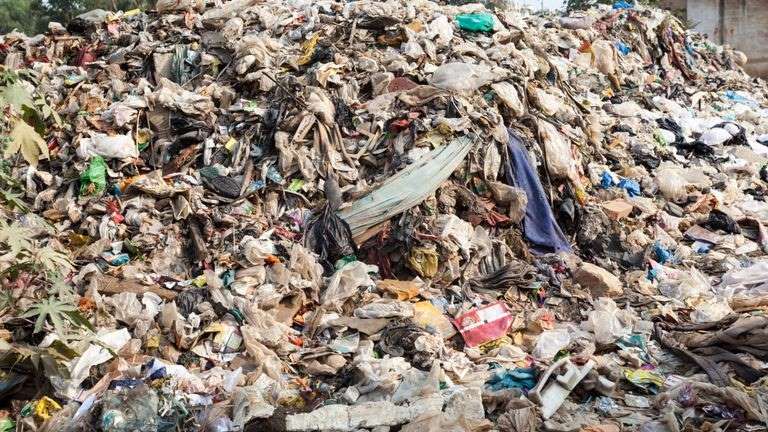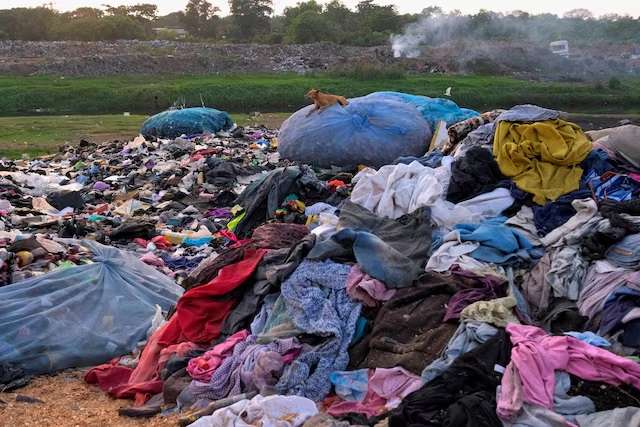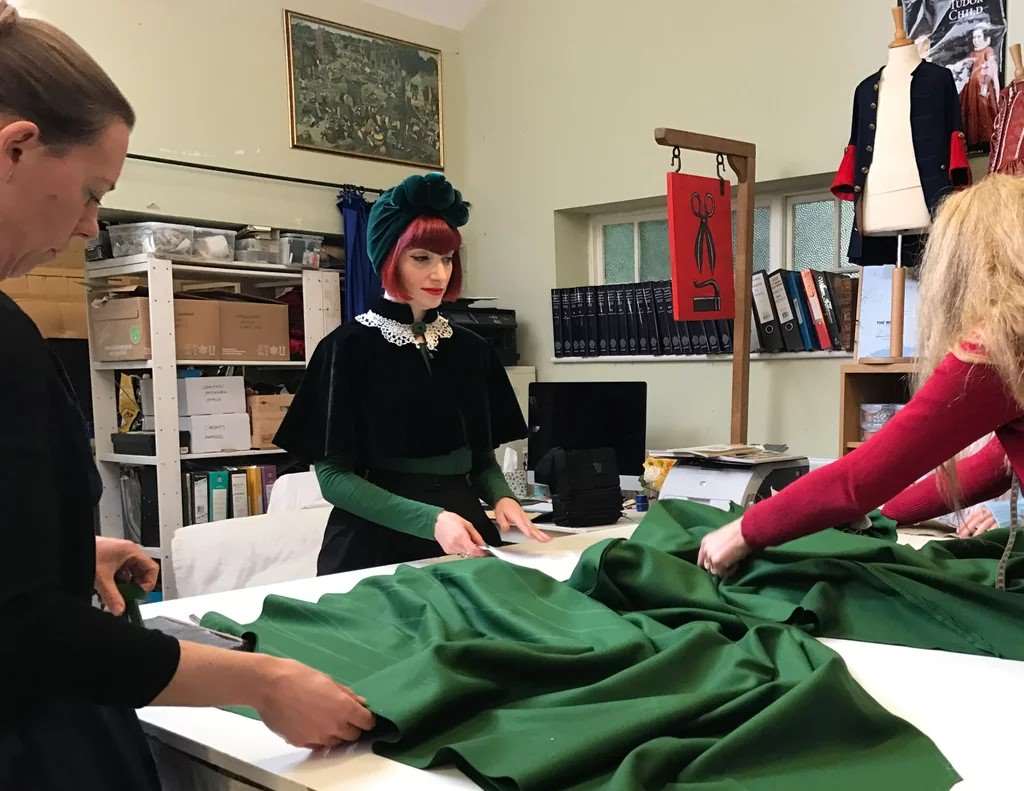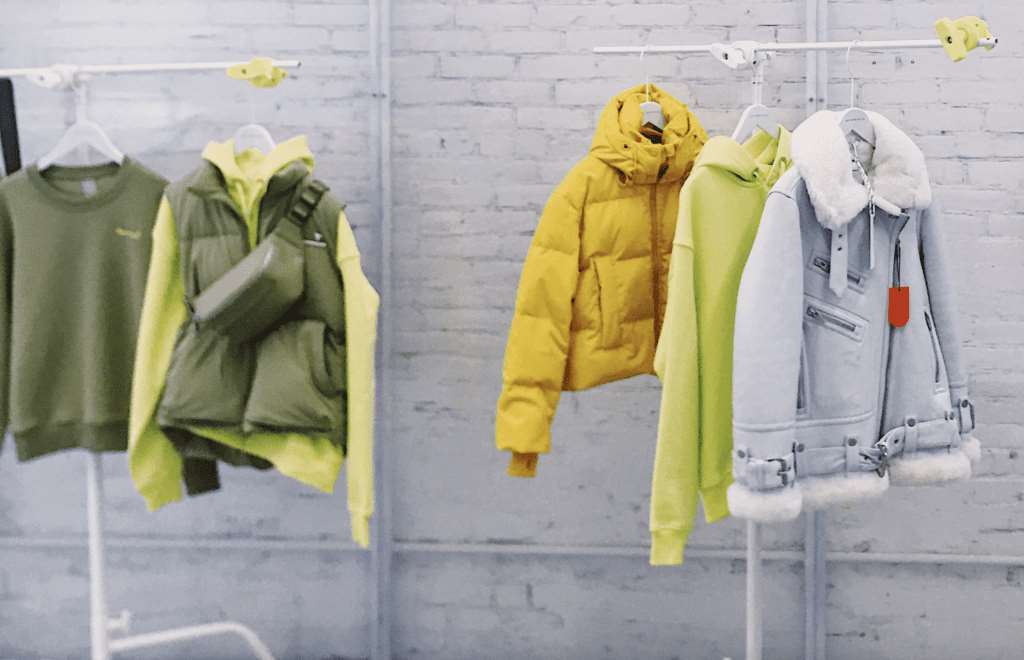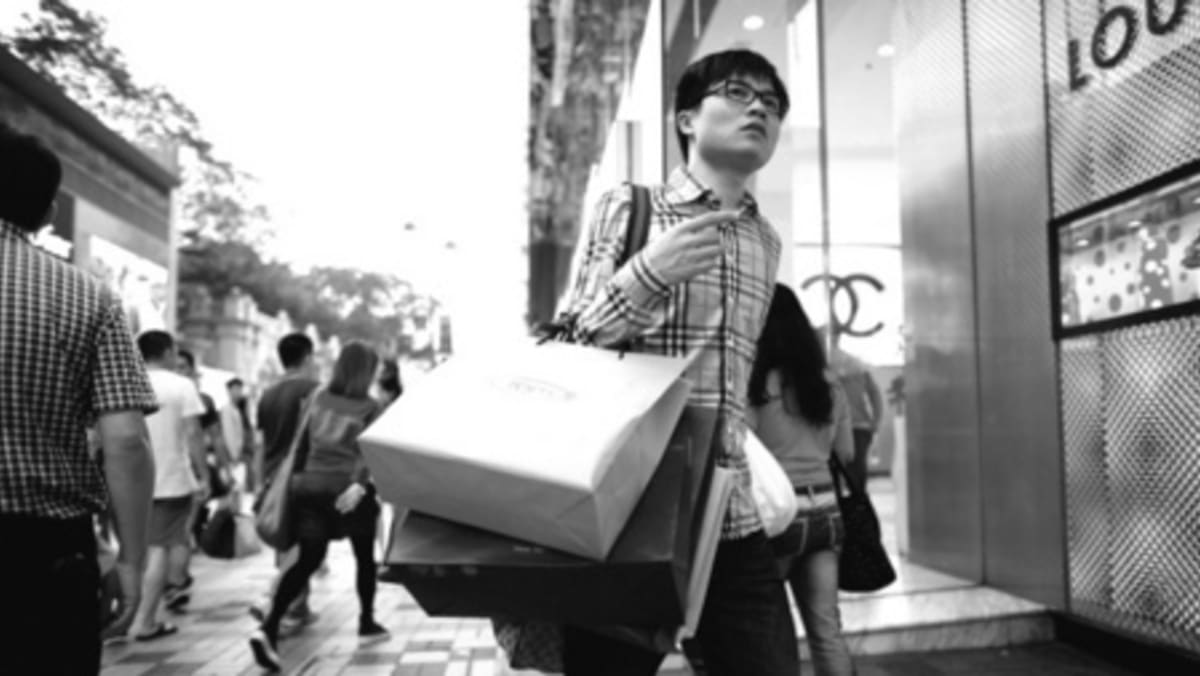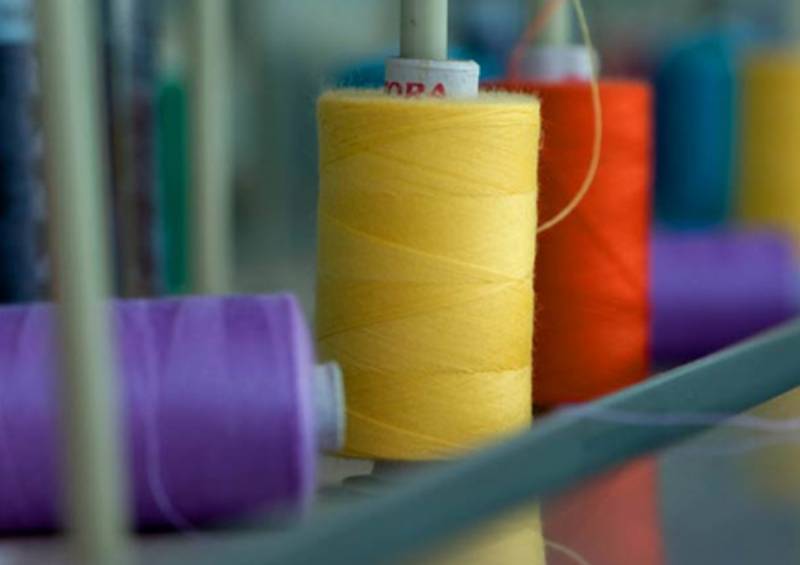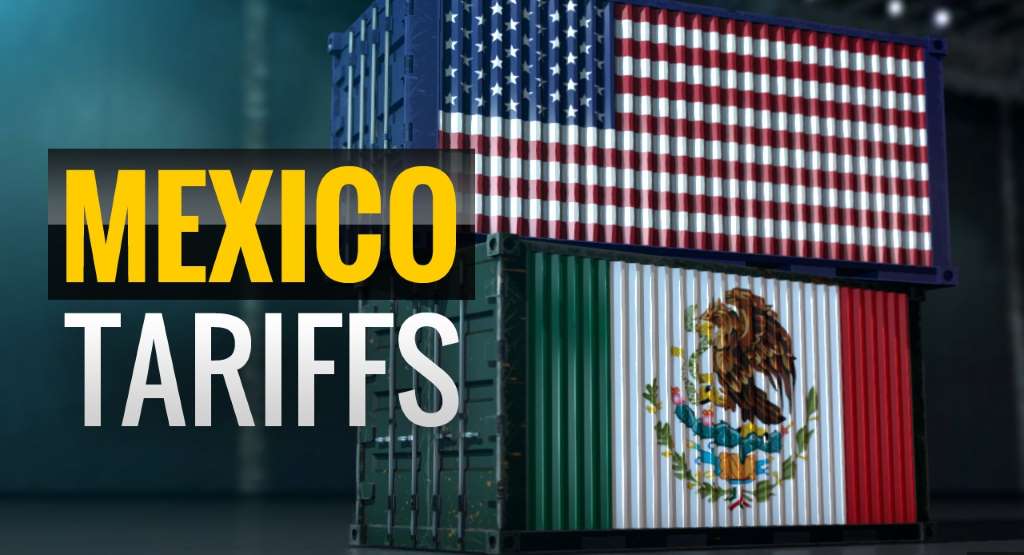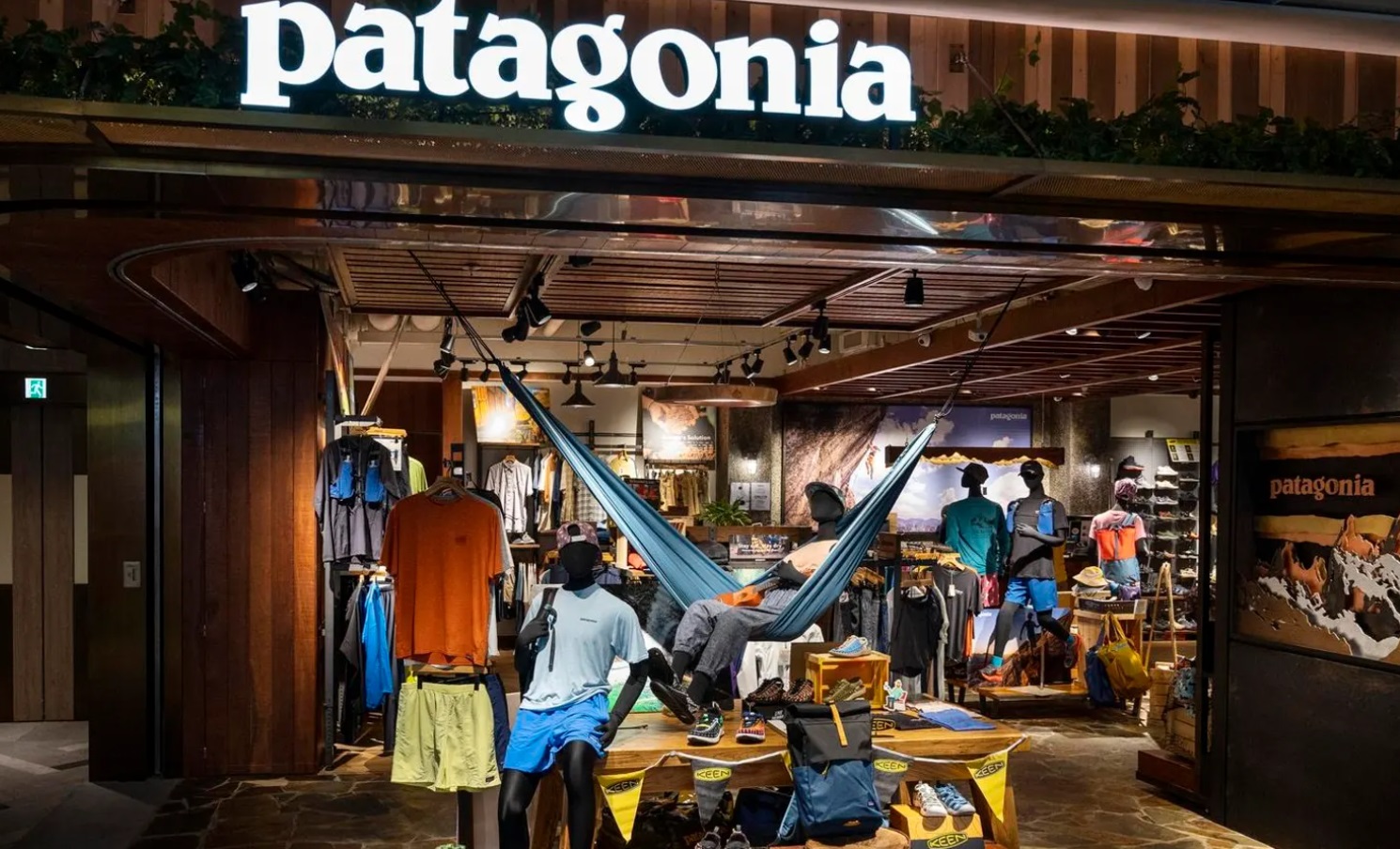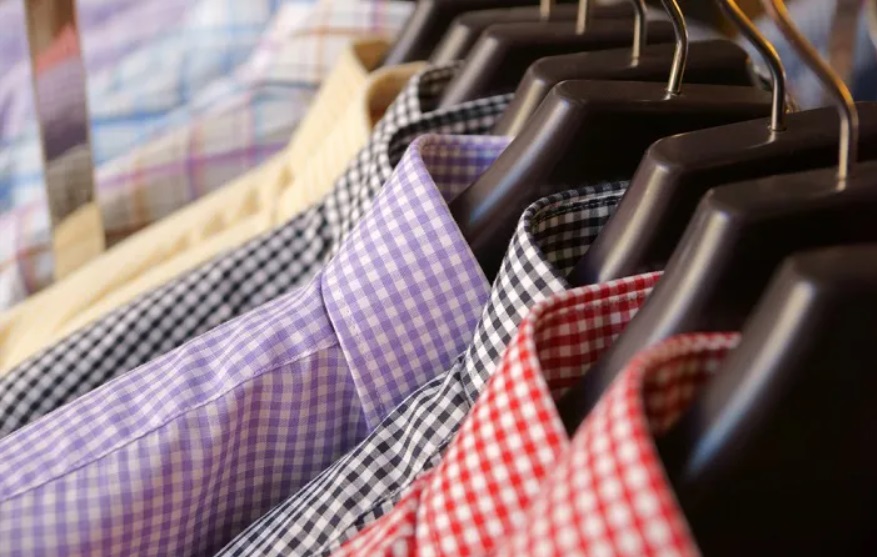FW
Vidarbha ginners are once again up in arms over the Central Government’s decision to brand Vidarbha Cotton as Kasturi due to stringent quality compliance norms introduced from February this year.
A national workshop on ‘Branding Vidarbha Cotton as Kasturi’ was jointly organised by The Central Institute for Research on Cotton Technology (Circot), The Cotton Textiles Export Promotion Council (TEXPROCIL) and Vidarbha Cotton Association at the regional Ginning Training Centre on Amravati Road
ICAR stalwarts, cotton experts and industry players including ginners deliberated over the merits and demerits of the decision.
While the govt is inclined to implement the move with an aim of improving quality and benefiting farmers, ginners are worried about production issues ‘not in their control.’
The ginners are exhibiting similar apprehensions like they did during the implementation of quality control order for cotton bales by the Bureau of Indian Standards (BIS) last year. Following the opposition, the govt had deferred the move till August this year.
As BIS rating would mean legal complications and penalties, things like variations in variety of seed available to farmers, climatic conditions, pest infestation, poor picking practices, poor handling, storage and multiple pickings round the years were on the mind of ginners.
Officials said the govt would help clear their doubts. “Only Indian cotton is not marketed under any particular brand name. Hence, the govt branded it as Kasturi Cotton Bharat to give it a unique identity. There are certain quality norms to be met which the ginners don’t agree to,” they said.
Dilip Thakre, a farmer from Akola who is also cotton expert representing Vidarbha on various committees, said Kasturi entails premium cotton purchase by CCI from ginners. Around 300 ginners from cotton belt will be selected to supply good quality cotton to CCI. The bales would be marketed under Kasturi. Right now, India’s cotton is sold just as bales, he added.
Thakre said Indian bales don’t fetch good rates because of lack of a brand name and apprehensions about mixing substandard cotton. Under Kasturi, ginners will have to supply cotton of first picking. Trash content increases in second and third pickings. Yarn and designer fabric too would be manufactured using the Kasturi brand.
Geo-tagging will be done on each bale, comprising parameters like moisture content, staple length and trash content, he said.
The organisers of the trade show Tranoi Men have announced that they will no longer be holding the event in Paris in June. Originally scheduled for June 18- 25, 2024 during Paris Men’s Fashion Week, the fair will now shift its focus to the January 2025 edition. Boris Provost, Managing Director, communicated this change via email, stating that the organisation will instead concentrate on presenting a new event format that will highlight Japanese design during Tokyo Fashion Week in September.
Provost emphasised Tranoï Homme's established reputation in the designer segment, acknowledging the complexity and the need for patience and perseverance in business development within this sector. He stressed the importance of transparency and providing impeccable quality to customers and partners, aligning with the organisation’s ethics and standards. Therefore, they have decided to postpone their efforts to the January 2025 edition, which will feature a new event format focusing on Japanese design.
The inaugural edition of Tranoï Tokyo is scheduled from September 04 -05 at Bellesalle Shibuya, with over 50 designers and brands already confirmed to participate. Additionally, Provost assured that Tranoï Women will continue as planned at the Palais Brongniart during the women’s shows from September 26 to 29.
Since 2020, Tranoï has been owned by GL Events Group, which also holds a majority stake in Premiere Vision.
Cambodia's export of garment, footwear, and travel products (GFT) reached $3,763 million in the first four months of 2024, marking a 17 per cent increase from the $3,211 million reported during the same period last year, as per a report from the Ministry of Commerce
Cambodia’s apparel and textiles grew by 20.4 per cent Y-o-Y to $2,748 million from January to April 2024. As per a report by the Ministry of Commerce, footwear exports from Cambodia increased by 3.8 per cent Y-o-Y to $453.7 million.
Poullang Doung, Senior Economics Officer, Asian Development Bank-Cambodia, projected, the growth of the GFT sector in Cambodia would significantly boost its overall economic growth, which is estimated to reach 5.8 per cent this year. The sector has gained momentum since the last quarter of 2023, highlights Doung.
The GFT industry is a major foreign exchange earner in Southeast Asia and stands as Cambodia’s largest. It employs around 918,000 workers across approximately 1,680 factories and branches, with a significant majority of the workforce being female, according to the Ministry of Labor and Vocational Training.
Hugo Boss has announced a multi-year design partnership with iconic celebrity David Beckham. A significant step for the German fashion giant's Boss brand, this collaboration will involve Beckham designing and curating both formal and casual menswear collections for the brand. The first of these collections will debut for Spring/Summer 2025, following Beckham's appearance as a campaign star for Fall/Winter 2024.
This partnership is described as the first of its kind for Boss Menswear, promising to evolve the brand's collections with innovative designs that blend the style and aesthetic values of both David Beckham and Boss. The collaboration aims to appeal to a broad global audience over the coming years.
Highlighting his desire to invest more time in design and fashion, Beckham looks forward to unveiling the results of their collaboration, starting with the Fall/Winter 2024 campaign.
Since retiring from football, Beckham has successfully launched multiple businesses and endorsement deals, often collaborating with the super-successful Authentic Brands Group. This partnership has allowed Beckham to further expand his brand, demonstrating the synergy between strong brands and top-tier partners.
Hugo Boss has been actively reinventing its Hugo and Boss labels, incorporating celebrity collaborations for both campaigns and design ventures. Earlier this year, Boss announced a travel-focused womenswear collection with Naomi Campbell, underscoring the brand's commitment to high-profile partnerships.
Overall, this collaboration between Hugo Boss and David Beckham promises to bring fresh, captivating designs to the global fashion scene, reinforcing both the Boss brand and Beckham's influential presence in the fashion industry.
Under Armor announced a comprehensive restructuring plan following a significant 10 per cent drop in sales within its largest market, North America, and a forecast predicting further decline throughout the current fiscal year.
The athletic apparel retailer's profits plummeted by over 96 per cent in its fiscal fourth quarter compared to the same period last year. The company has not disclosed how many employees will be laid off as part of the restructuring, which is expected to cost between $70 million and $90 million, partially allocated for employee severance and benefits.
In Q4, FY24, Under Armor’s net income declined to $6.6 million from $170.6 million, a year earlier. Excluding one-time items, earnings were 11 cents per share.
Sales fell by 5 per cent to $1.33 billion from $1.4 billion the previous year. North American sales dropped 10 per cent to $772 million, missing analysts' expectations of $780 million according to StreetAccount.
Under Armor projects North American sales to decline between 15 per cent and 17 per cent in the current fiscal year. Kevin Plank, CEO attributed the decline to lower wholesale demand and inconsistent business execution, emphasising the need for strategic decisions to enhance the brand's premium positioning, despite short-term financial pressures.
The company anticipates a ‘low-double-digit percentage rate’ revenue decline this fiscal year, contrary to analysts' expectations of 2.1 per cent growth according to LSEG. To improve gross margins, Under Armor plans to reduce promotions and discounting, expecting an increase of 0.75 to 1 percentage point for the fiscal year.
This turbulent quarter follows the recent departure of former CEO Stephanie Linnartz, who left after less than a year in the role. Kevin Plank, the company's founder, has resumed the CEO position. Linnartz was the second CEO to leave within two years, having been hired for her success with Marriott's Bonvoy loyalty program and digital revenue growth, despite her lack of retail experience. Before her departure, she revamped the C-suite and expanded the loyalty program, pivoting towards more stylish athleisure options aimed at women.
Plank aims to reverse some of Linnartz's initiatives, refocusing on the core men’s apparel business, which he believes suffered due to a shift in focus. He emphasised that this does not mean deprioritizing footwear or women’s business but highlighted that men’s apparel would be the highest priority.
As part of the reset, Under Armor plans to reduce its style counts by 25 per cent over the next 18 months and shorten product development cycles from 18 months to 6-12 months. This restructuring will streamline operations, reduce silos, and align staff efforts with the primary goal of selling more shirts and shoes.
Kim Glas, President and CEO of the National Council of Textile Organizations (NCTO), has praised the US Department of Homeland Security (DHS) for adding 26 Chinese textile companies to the Uyghur Forced Labor Prevention Act (UFLPA) Entity List. This expansion brings the total number of entities banned from importing goods into the US to 65, reinforcing efforts to curb forced labor in global supply chains.
Glas emphasized the importance of this move in combating the influx of slave labor cotton and man-made fibers from Xinjiang, China, into the US market. She noted that 76 per cent of Chinese cotton products contain Xinjiang cotton, which infiltrates global supply chains and undermines US textile producers. The influx of these products has led to the closure of 17 American textile plants in recent months, resulting in significant job losses.
The expanded Entity List aims to enforce anti-forced labor legislation more rigorously and sends a strong message to offenders. However, Glas argues that more companies outside China should be scrutinized for their involvement in forced labor. She also calls for closing the de minimis loophole, which allows uninspected imports of slave labor goods and other harmful products directly into the US.
To further mitigate economic harm and enforce UFLPA, the NCTO recommends increased inspections, expanded isotopic testing of shipments, and enhanced verification measures with Western Hemisphere trade partners. These steps are part of a broader DHS strategy to protect the US textile industry and deter entities that exploit forced labor.
Glas concluded by stressing the critical need for comprehensive enforcement actions to safeguard domestic manufacturing and uphold labor standards.
Trutzschler Group is gearing up to showcase its trailblazing advancements in spinning, card clothing, and nonwovens at ITM Istanbul, Turkey, running from June 4th to June 8th, 2024. The spotlight will be on Booth 714A in Hall 7, where visitors can witness firsthand the pinnacle of textile technology.
In the realm of spinning, Trutzschler will unveil a trifecta of innovations addressing crucial customer demands: heightened efficiency, sustainable raw material utilization, and intelligent automation. Their showcase will feature the TC 30i card and IDF 3 integrated draw frame, alongside the innovative TCO 21XL, heralded as the world's premier 12-head comber. Moreover, the introduction of Truecycled, a brand dedicated to textile recycling, underscores Trutzschler's commitment to sustainability.
Trutzschler Card Clothing (TCC) will present a comprehensive array of technologies, with a focus on Supertip, renowned for its durability and precision, elevating yarn quality and operational uptime. Emphasizing sustainability, TCC will highlight its contributions to recycling applications.
In the domain of nonwovens, Trutzschler will shine a light on premium, sustainable solutions tailored for flushable and baby wipes, alongside innovations like the T-Suprema needle-punching line, catering to diverse industrial applications.
ITM Istanbul 2024 promises to be a pivotal event, offering industry stakeholders a glimpse into the future of textile manufacturing with Trutzschler at the forefront of innovation.
Texworld Apparel Sourcing Paris's trend book, ‘IMPERFaiCTION’, for the Autumn-Winter 2025-2026 season delves into the juxtaposition of human limitations against the burgeoning potential of artificial intelligence. The collection, created by artistic directors Louis Gérin and Grégory Lamaud, offers a poetic interpretation of human flaws and frames our biological reality as a "zone to defend."
Set to debut from July 1-3, 2024, at the Parc des Expositions, Porte de Versailles, the trend book presents four distinct themes:
Confrontation: This theme highlights the stark contrast between AI's limitless capabilities and human fragility. The color palette is rooted in nature with ivory, soft green, and woody tones, complemented by protective, fluffy textures inspired by the geological world.
Seduction: Here, the allure of AI is at its peak. The theme celebrates life's vibrancy through organic textures, human motifs, and mineral inlays. The colors range from carnal and languorous to bright and floral, encapsulating the enchanting phase of technological fascination.
Alienation: As AI dominance grows, human autonomy diminishes. This theme showcases warm, assertive colors applied to life-like materials, featuring draped textures and embroidery, symbolizing the encroachment of AI into every aspect of life.
Annihilation: In the final theme, AI completely overtakes humanity, leading to our erasure. The color scheme is stark and mineral, with technical fabrics creating smooth, metallic, and lunar-inspired textures.
These themes will be featured in two Trend Forums: one for fabrics at Texworld Paris and another for finished products at Apparel Sourcing Paris. Visitors can explore the curated looks, fabrics, and products, offering a comprehensive glimpse into the envisioned future of fashion.
Maintaining a robust trajectory, Pakistan’s textile exports reached $13.68 billion during the first ten months (July – April) of the fiscal year 2023-24.
Representing a marginal decline of 0.19 per cent compared to the same period in the previous fiscal year, this figure highlights the resilience of Pakistan's textile sector amidst global economic fluctuations.
According to a report by the Pakistan Bureau of Statistics (PBS), despite the slight dip, several textile commodities experienced positive trade growth. Exports of raw cotton grew by an impressive 319.91 per cent, from $13.357 million last year to $15.944 million this year. Cotton yarn exports increased by 32.83 per cent, rising from $636.832 million to $845.923 million, while bed wear exports saw a 1.82 per cent growth, climbing from $2,249.778 million to $2,290.796 million.
Exports of towels also witnessed significant growth of 4.81 per cent, reaching $864.547 million from $824.879 million, and made-up articles rose by 0.67 percent to $589.026 million from $585.102 million.
However, exports of certain textile commodities experienced negative growth during the review period. For instance, exports of cotton cloth declined by 7.53 per cent, from $1,684.724 million to $1,557.909 million, while exports of cotton carded or combed decreased by 15.93 per cent, from $0.996 million to $0.837 million. Exports of yarns other than cotton yarn declined by 20.76 percent, dropping from $36.302 million to $28.766 million while knitwear exports dipped by 3.92 percent, decreasing from $3,712.066 million to $3,566.624 million.
Similarly, exports of tents, canvas, and tarpaulin decreased by 16.52 per cent, from $116.959 million to $97.632 million, and ready-made garments saw a slight decrease of 0.57 percent, declining from $2,904.693 million to $2,888.177 million. Additionally, exports of art, silk, and synthetic textiles experienced a decline of 12.08 per cent, dropping from $342.917 million to $301.496 million.
Despite these fluctuations, Pakistan’s textile exports witnessed a year-on-year increase of 0.37 percent, rising from $1,232.803 million in April 2023 to $1,237.316 million in April 2024. However, on a month-on-month basis, textile exports decreased by 4.84 percent compared to the exports of $1,300.288 million in March 2024.
Teejay Lanka PLC, Sri Lanka's pioneering multinational textile manufacturer, reported a significant net profit growth in the final quarter of the 2023-24 financial year. The company achieved a net profit of Rs 549.1 million for the quarter ending March 31, 2024, marking a 260 per cent increase over the same period last year and a 15 per cent rise from the previous quarter.
This impressive quarterly performance helped offset the year's challenges, which included the appreciation of the Sri Lankan Rupee. Despite an increase in sales volumes, quarterly revenue fell by 4 per cent from the third quarter and 12 per cent from the previous year, totaling Rs 15.3 billion.
For the full fiscal year, Teejay Lanka reported revenue of Rs 60.8 billion, a profit before tax of Rs 1.6 billion, and a net profit of Rs 1.1 billion, reflecting declines of 28 per cent, 49 per cent, and 48 per cent respectively from 2022-23 due to softer global market conditions. However, the company maintained a robust balance sheet with cash and equivalents of Rs 8.9 billion and net assets of Rs 30.1 billion. The net asset value per share was Rs 42, down 6 per cent year-on-year due to currency fluctuations.
CEO Pubudu De Silva attributed the Q4 profit growth to effective capacity utilization and stable yarn prices, expressing confidence for the future. Chairman Ajit Gunewardene highlighted strategic initiatives aimed at digitalization, ESG frameworks, cost reduction, new product development, and human capital enhancement as pivotal for future resilience.
Teejay Lanka's adherence to high standards is underscored by its ISO certifications and recognition by Transparency International Sri Lanka for corporate reporting transparency. The company's strategic backers include Brandix Lanka and Pacific Textiles, enhancing its market position and operational strength.

